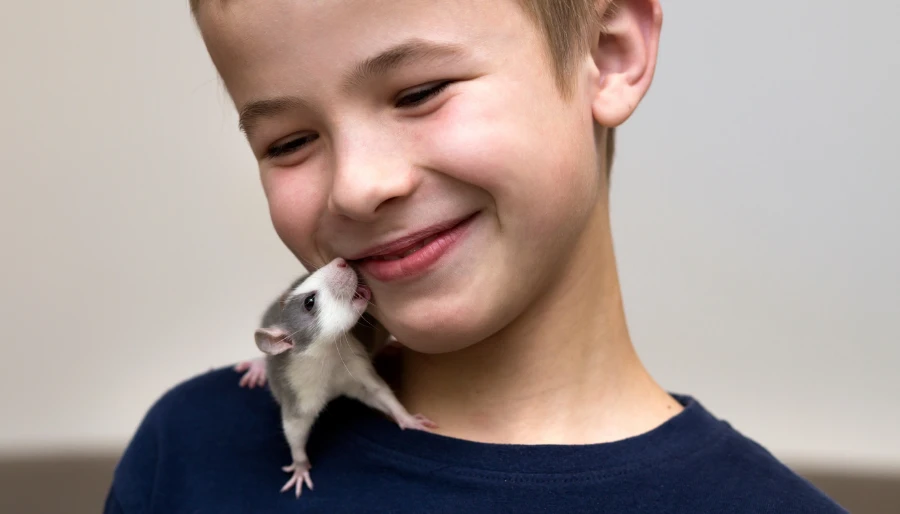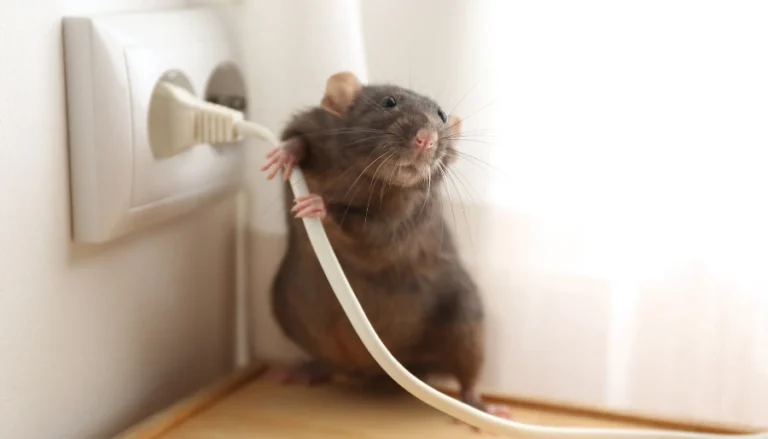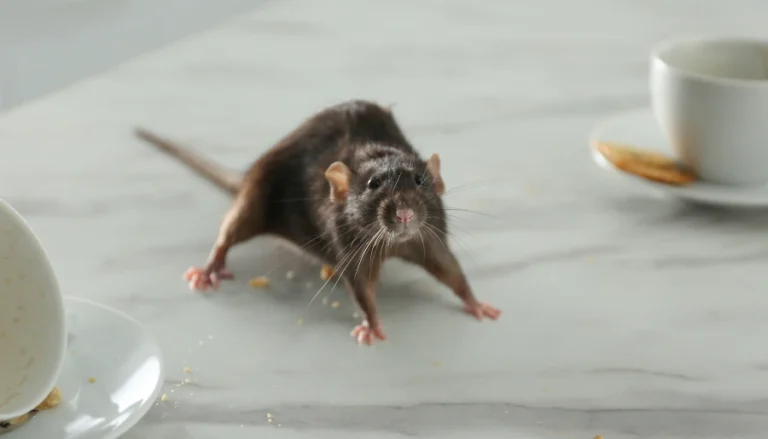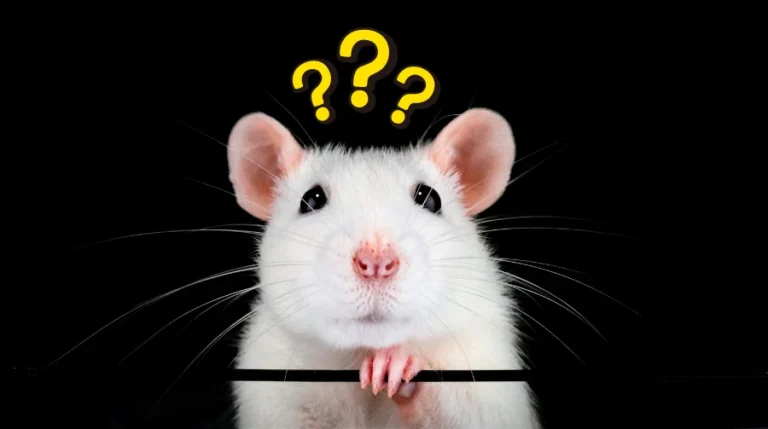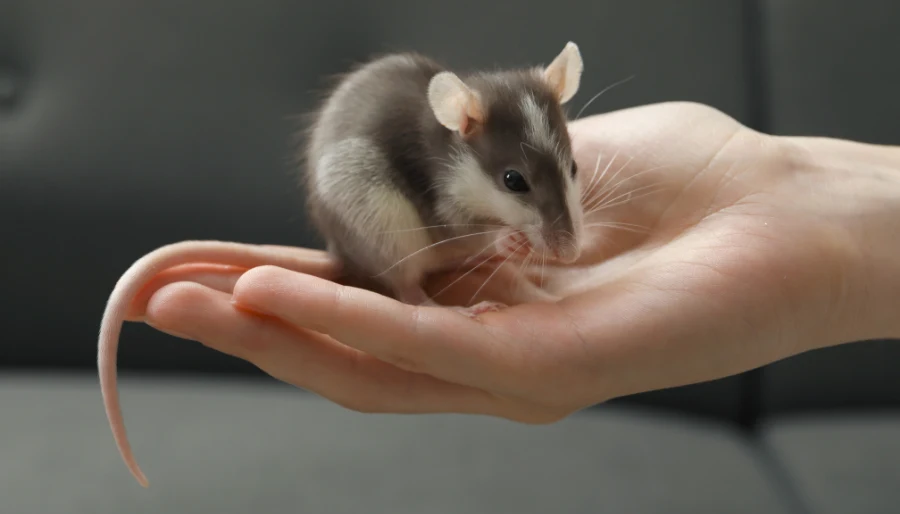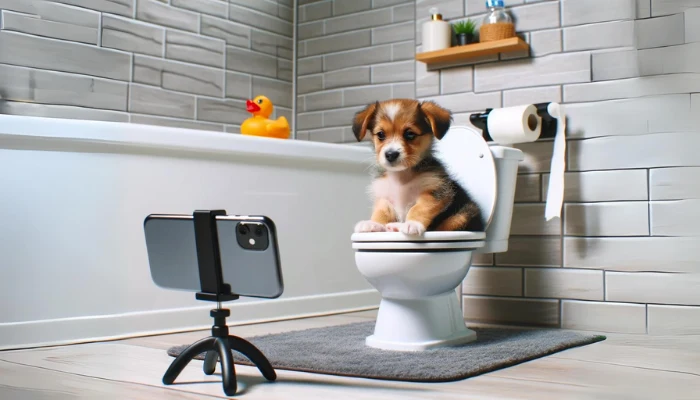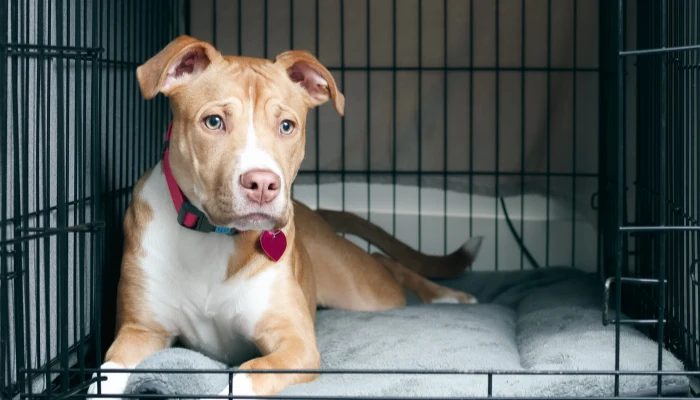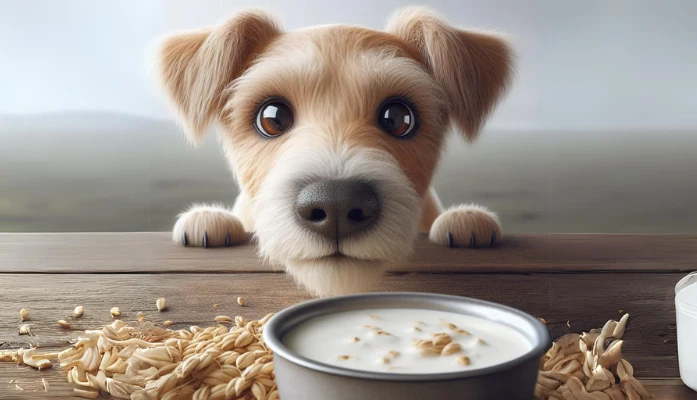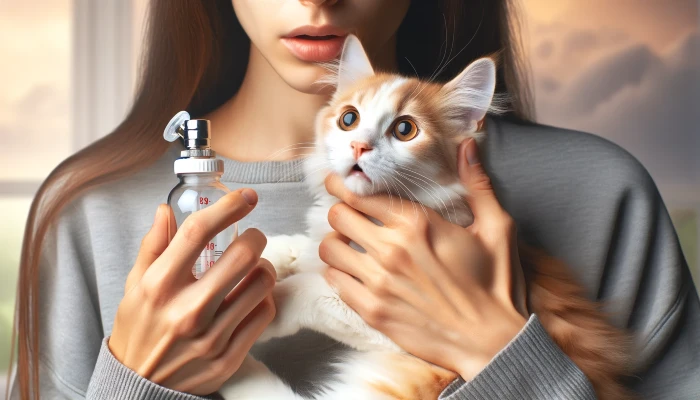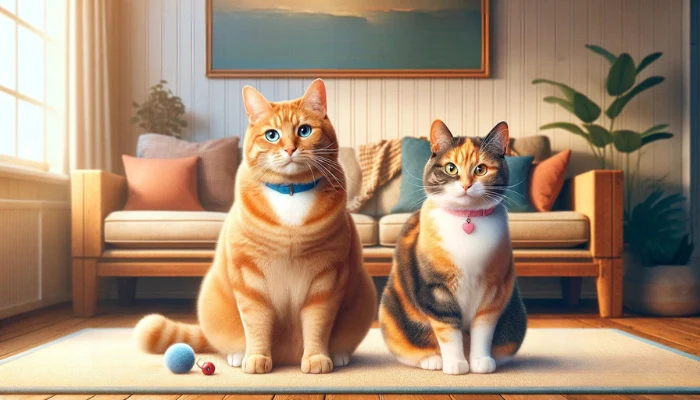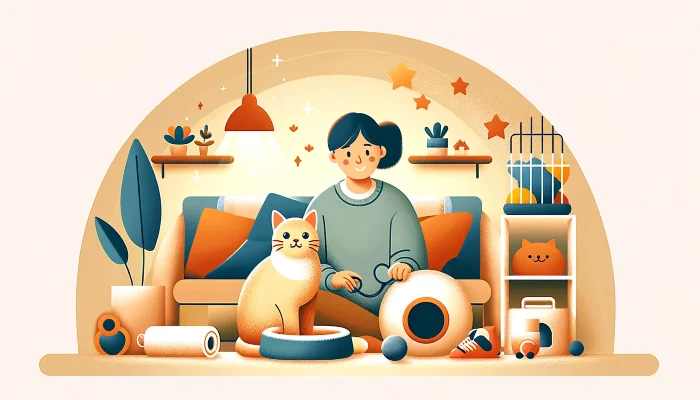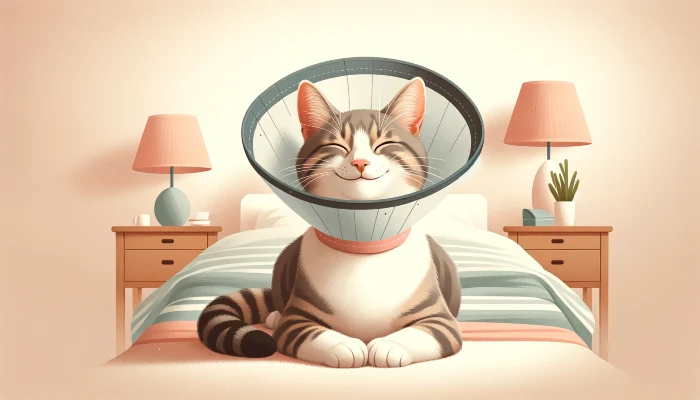Cat lovers, take note: that extra scoop of kibble could be doing more than just adding a little roundness to your kitty’s silhouette. It turns out, overindulging your feline friend can lead to some unexpected internal changes, as a recent study reveals.
Cats and Calories: A Delicate Balance
Researchers from the University of Illinois Urbana-Champaign have shed new light on the lesser-known consequences of feline overeating.
While we’ve all heard that too many treats can lead to a tubby tabby, the study’s senior author, nutritional scientist Kelly Swanson, points out a deeper issue. “We wanted to learn more about the metabolic and gastrointestinal changes that occur as a result of overeating and weight gain in cats,” he explains.
The study, published in the Journal of Animal Science, involved a group of 11 adult female cats. Initially, these lean cats were given a balanced diet for two weeks.

Afterward, for 18 weeks, the all-you-can-eat phase began. During this time, the team kept an eye on the cats’ eating habits, weight, and activity levels.
Swanson and his colleagues were on the lookout for changes in the cats’ digestion and gut bacteria. The cats were allowed to eat freely, and as expected, they didn’t hold back, leading to significant weight gain.
Surprisingly, though, their levels of physical activity didn’t plummet as predicted. “We did not observe any consistent changes in activity level,” Swanson notes, suggesting that the impact on activity might vary among individual cats.
Thanks! We're sending your ebook with bonus recipes to your email right now!
From Digestion to Gut Microbes: The Inside Story
As the cats’ waistlines expanded, their ability to absorb nutrients diminished. Swanson compares it to a digestive efficiency: “When the body gets less food, it will be more efficient in extracting nutrients. But when the amount of food increases, it passes through the digestive system faster and fewer nutrients are extracted in the process.”
This wasn’t the only internal change.
The cats’ stools became more acidic, indicating that their food wasn’t being digested as effectively. “In humans, a low fecal pH indicates poor absorption of carbohydrates and fat. Our findings correlate with this, as reduced fecal pH aligned with higher food intake and reduced digestibility,” Swanson clarifies.
The study also found that the cats’ gastrointestinal transit time—the journey from eating to excretion—sped up by about 25 percent as they gained weight. This rapid transit was linked to shifts in the cats’ gut microbiota, the community of microbes that live in the digestive tract.
A Blueprint for Healthier Cats
This research isn’t just about painting a bleak picture of overfed cats; it offers a roadmap for better health. Swanson says that understanding these internal changes is crucial for preventing and treating cat obesity. Moreover, the study suggests practical steps for cat owners: limiting food intake and spicing up mealtime with some mental and physical challenges.
The team recommends clever strategies to keep cats active and engaged. This includes dividing their food across multiple locations, tossing kibbles for them to chase, and employing food puzzles to stimulate their brains and bodies.
In the end, after the study wrapped up, the cats were switched to a restricted diet, allowing them to shed the extra weight and return to their original health.
More To Discover
This happy ending underscores the message: our feline companions rely on us to keep them fit and healthy, both inside and out.
Source: Journal of Animal Science

